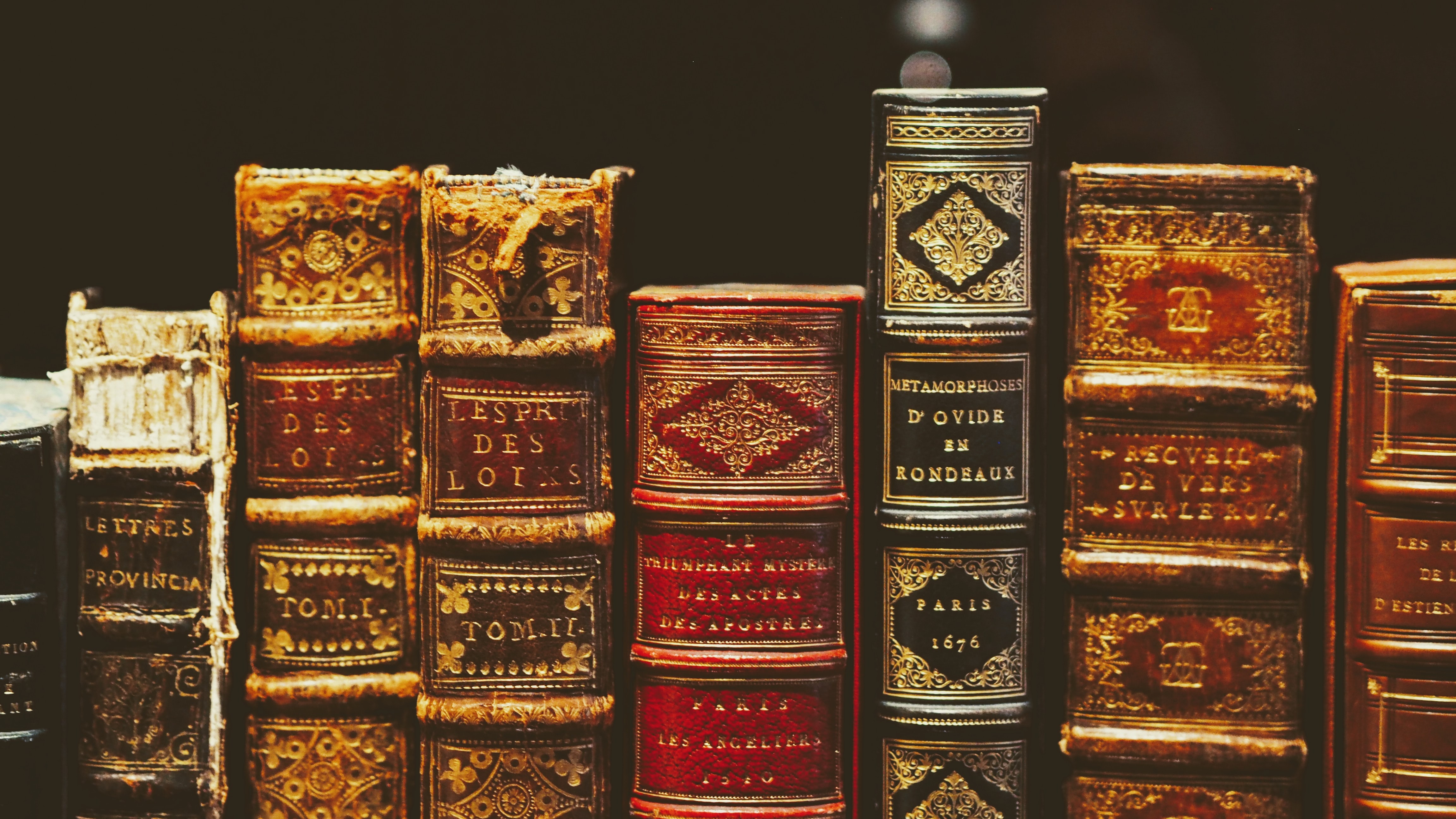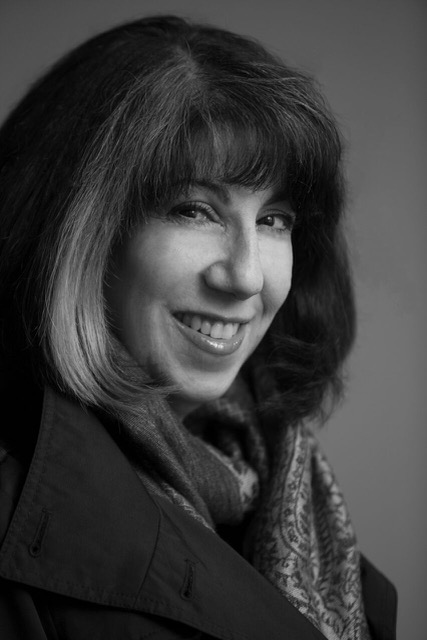December 22, 2020
Historical Fiction…or is it Fact?
by Samantha Hoffman
 Historical fiction is a very popular genre; think The DaVinci Code by Dan Brown, Lincoln in the Bardo by George Saunders, everything by Phillipa Gregory. I admit, though, it's a puzzling one for me. How much of it is truth and how much is invented? If someone really wants to learn about real people in history, why not read their biography or autobiography? Why not look in the encyclopedia or Wikipedia? Why not just google them?
Historical fiction is a very popular genre; think The DaVinci Code by Dan Brown, Lincoln in the Bardo by George Saunders, everything by Phillipa Gregory. I admit, though, it's a puzzling one for me. How much of it is truth and how much is invented? If someone really wants to learn about real people in history, why not read their biography or autobiography? Why not look in the encyclopedia or Wikipedia? Why not just google them?
I find myself wondering if people write historical fiction because certain facts are missing and they like to imagine what might have happened, a kind of what-if, or if they like to reinterpret history, and do we have the right to do that? Why not write it completely as fiction, change the names and write an engaging story inspired by real people? Except, I suppose, it’s the famous names that draw people in.
So, I went to the source with my questions, and asked my friend and best-selling historical fiction author Renee Rosen, who wrote (among others) Dollface, What the Lady Wants, White Collar Girl and Windy City Blues. Check out her books here.
Here's our conversation:
Samantha: What got you interested in writing historical fiction?
Renee: Honestly, I think I sort of fell into it. I always loved history but early on my writing was all over the place. I had books set in every genre from chiklit to thrillers to contemporary. I had always been fascinated by the Roaring Twenties and spent about ten year working on Dollface which would become my first published adult historical novel. It did well enough that my editor asked for another historical novel and then another and before I knew it I was a historical fiction author.
S: How do you balance historical fact with fictional details?
R: Great question. When I set out to write I know that certain characters and events are set in stone. They are the facts, and serve as my guideposts, but there's lots of room to maneuver in and around those set pieces. That's where my fictional characters and storylines come into play. The hard part is making those fictional elements fit organically into the facts.
You can read more from Renee in this Interview with Greer Macallister.
Interestingly, I watch docudramas and enjoy them. Aren't they basically historical fiction? Whether books or film, these media don't claim to be factual, that seems to be my problem. They clearly state they are based on facts. Have you watched The Crown? The Trial of the Chicago 7? I loved them. When I watched, though, I found myself wondering, is that true? Did that really happen? and then I google, was Judge Julius Hoffman (no relation) really such an asshole? Did Diana really have an affair with her bodyguard? Suffer from bulimia. The answer is yes, yes and yes, but other things happen in those films that exaggerate the facts, or re-order them for the sake of drama. So how do we know what to believe, and does it matter as long as we understand that what we're reading is not purely history?
Historical fiction, memoir, creative nonfiction, fiction, biography...so many genres...so little...uh, so much time. If there's a genre you like to read, maybe this is the time to try writing it. This is a time for thinking outside that pandemic box, right? If you're in the mood to try something new read our recent post The Big Switch for helpful tips on how to do that.
More info on historical fiction:
Reflections on Writing Historical Fiction by C.W. Gortner
What are the Rules for Historical Fiction by Sarah Johnson
A Guide to Writing Historical Fiction
Keep on writing!

Writer, editor, personal assistant, private chef, runner (8-time marathoner), film and theatre buff, traveler… Author of What More Could You Wish For (St. Martin's Press).
V.P. of the Chicago Writers Association, Executive Director of Let's Just Write! An Uncommon Writers Conference.
Visit me at www.samanthahoffman.com
Read my latest short story, Only One Syllable, published by Hypertext Magazine.
Affiliates/Partners
Testimonials
Contact
Join CWA
Member Directory
My Account
Writers Conference
Presenters
Agents and Publishers
Pitch Sessions
Sponsors
Scholarships
Speaker Registration
Book of the Year
Spirit Award
First Chapter Contest
Resources
Home
Chicago Writers Association
info@chicagowrites.org
Make a Difference!

